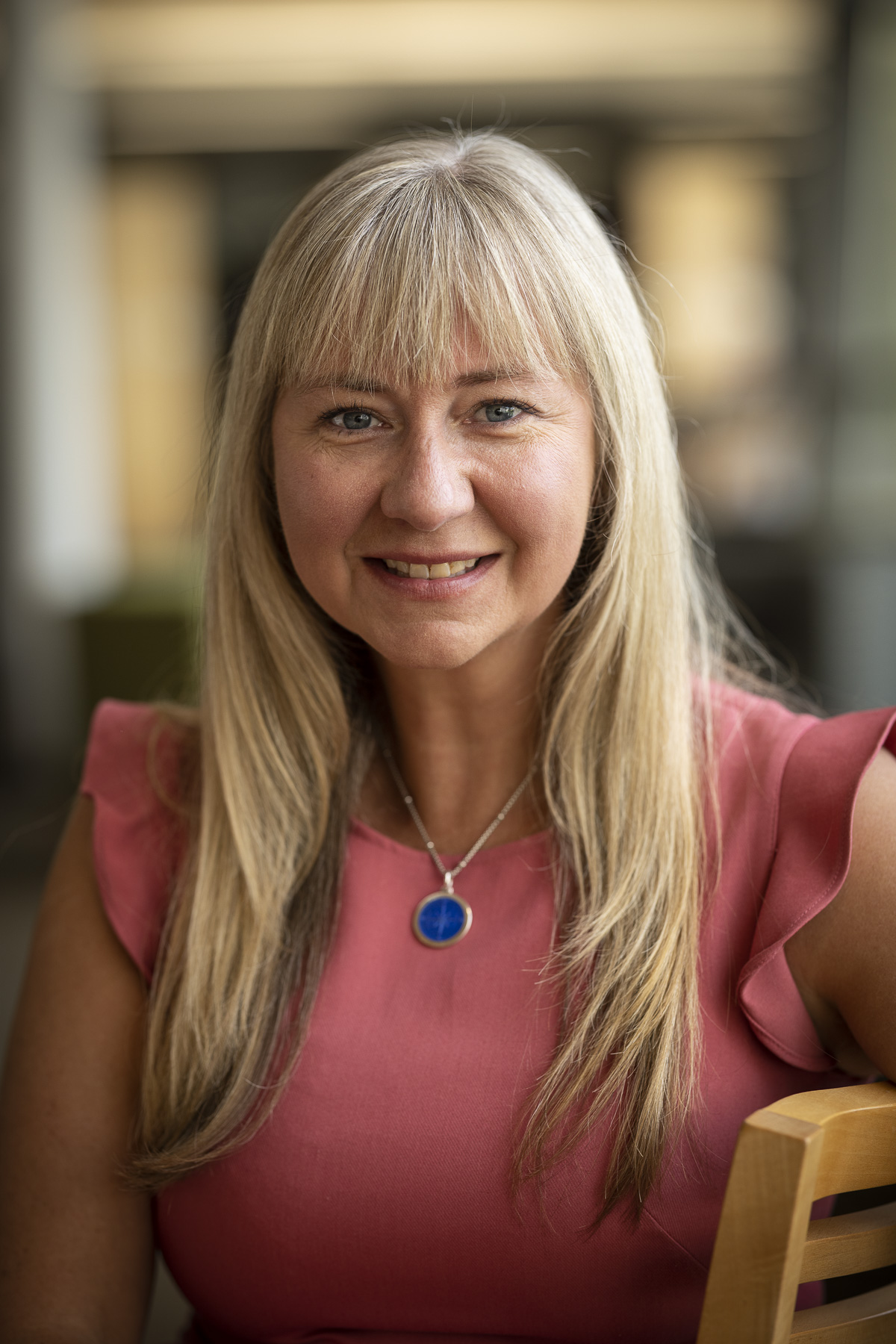This past semester, Marblehead resident and Salem State University History Professor Michele Louro traveled to New Delhi, India to pursue research for her new book about the Red Scare.
Louro’s trip was made possible through a grant she received through the Fulbright Scholars Program. Not only was she conducting research, but she was simultaneously co-teaching a class virtually for her students back in the U.S., and in-person for students attending Jawaharlal Nehru University (JNU) in New Delhi.
“It was a really, really personally and professionally productive couple of months there, both as a scholar working on a book, as a teacher and professor at Salem State, and also just personally,” she said. “I’ve gotten to know a lot of colleagues in India and being on the ground has just been fantastic.”
Her research on the Red Scare focuses on a trial that took place in 1929 in India, while it was still under the control of the British Empire. 32 suspected communists, some whom were genuinely communists and some of whom were just forming labor unions, were arrested and put in prison for four years. Louro called the trial “one of the most expensive, costly, and lengthy” in the history of the British Empire.
“The trial really became a staging ground for the British to think about what international communism meant for the colonies,” said Louro. “There’s sort of lessons here in which the British used what they learned from the trial to really sort of launch an anti-communism effort across the Global South and British Asia.”
With the focus of her book coming from a trial that happened nearly 100 years ago, Louro gathered her research through the National Archives of India and spent two months looking through documents from 1929 through 1935.
Though the Cold War is what many think of when it comes to the perceived threat of global communism in the West, Louro says that the Red Scare during the 1920s helped to shape the events surrounding the discourse around communism in the mid 1900s.
“It’s really kind of ripped from the headlines of the Cold War, but yet it’s set in 1929,” she said. “So it’s really sort of this interesting very early moment, and so I argue that the colonies were important to this story of both the Cold War and the back history, and the Red Scare.”
With the current political climate in the U.S and globally, Louro said some parallels between these historic events and today’s affairs could be drawn.
“History rhymes, it doesn’t repeat, but it rhymes,” Louro said. “Geopolitically, we’re looking at a world that’s reminiscent of the Cold War. So my history is sort of the backstory of a backstory of what’s going on today.”
Teaching a class of students, some halfway across the world and others in-person, while also conducting research for a new book is certainly challenging. Louro said that balance was hard, especially considering the time zone differences. However, she had been to India before, and said that she networked with others on her previous trips, which helped the task become more manageable this time around.
Louro was pleased to be able to incorporate her time spent overseas into her classes for students back home on the North Shore. She said that the opportunity was great not only for herself, but for all of the students in both India and the U.S.
“It’s really sort of a rich opportunity for our students, even though they’re in the North Shore area, to have an international experience and interact with students across the world,” she said.

